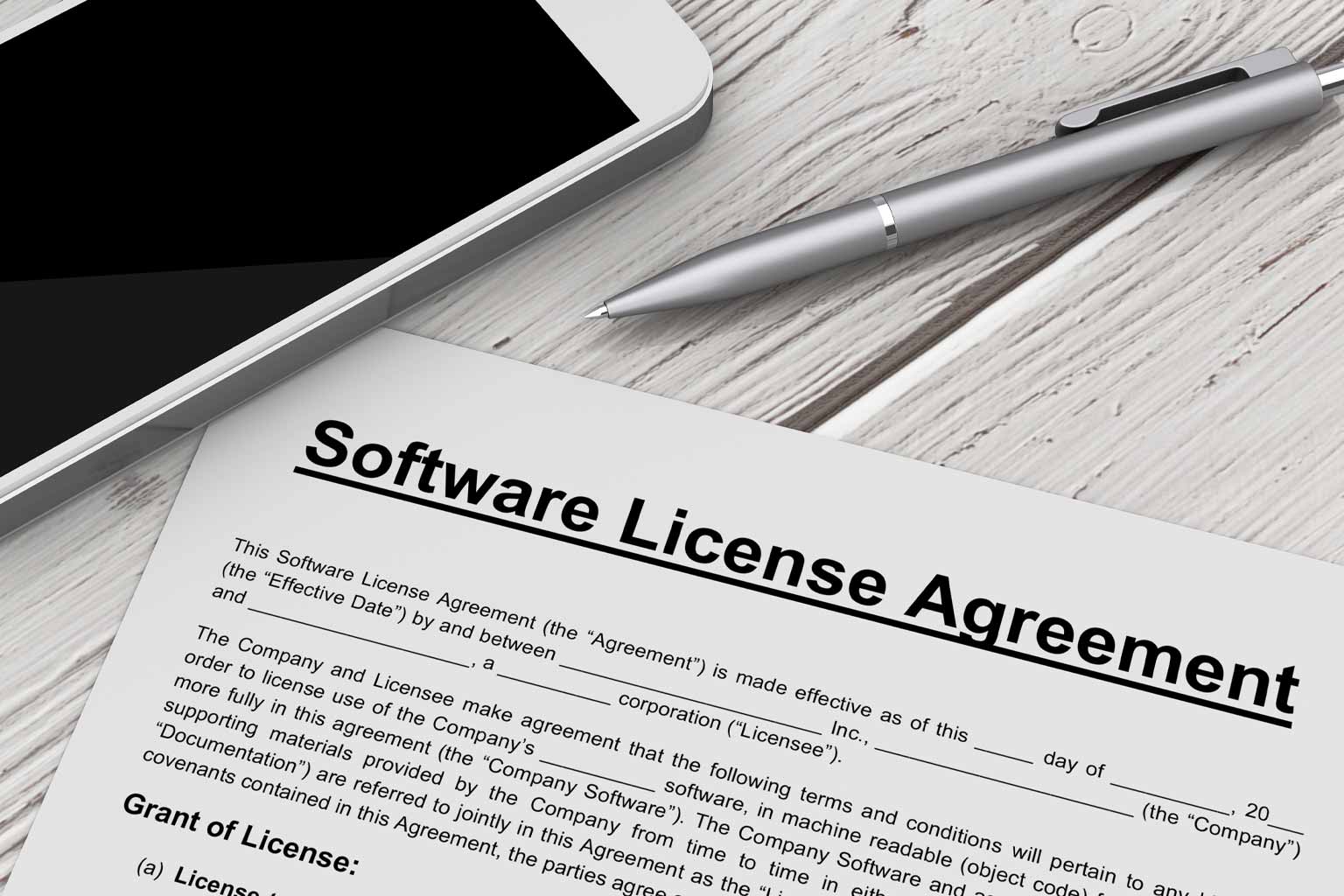Licensor
Control over the License
By granting license over to another, a licensor (being the persons owning the rights to the software) allows its users to purchase utility over a software product. A Software License Agreement allows you to keep more control of the product by placing restrictions on its usage and distribution to favorable terms. It allows you to retain your rights over the product and provides bandwidth to keep licensing and generate more income via license fees.Protects against software infringement
Software licensing is prone to risks such as software piracy and/or copyright infringement. This is usually manifest in various forms such as:- where potential licensee’s aid piracy by providing unauthorized access to your software;
- reproduce/replicate it and pass it off as their own creations; or
- using your protected intellectual property (IP) without permission.
Limitation of Liability;
As a licensor, such an agreement allows you to limit your liability as a software developer, for any losses or damages incurred by the licensee, whether direct or indirect. You thus potentially limit exposing yourself to lawsuits which could take up valuable time and potential financial constraints.Licensee
Warranties over the Licensed software
As a Licensee, you need a Software Licensing Agreement that fully guarantees that the licensor’s title and property in the licensed software is free and unencumbered and therefore, has the power and authority to license the product. It is equally easier to get into an agreement where the licensor warrants that said product is free from defects in materials, design and workmanship.How can we assist you?
At CM Advocates LLP, we have an experienced team of lawyers who can offer you legal assistance in drafting, developing and reviewing your Software License Agreements for your business. Please contact us for our services at law@cmadvocates.com for more information on our services.Contact Persons & Contributors
Susan Mwango - AssociateDisclaimer
This article is for informational purposes only and should not be construed as legal advice.Related blogs & news
What you need to know about the Data Protection Act, 2019
For a long time, Kenya has lacked a comprehensive personal data protection legislation which has been quite necessary in this age of digital use and access. This has exposed citizens to the risk of their personal data being misused. ...
The Data Protection Act: A Series
The Data Protection Act, No. 24 of 2019 (the DPA) was enacted into law on 11 November 2019 through Gazette Supplement Number 181. The provisions of the DPA gives life to Article 31 (c) and (d) of the Constitution of Kenya which guarantees the right to privacy including the right of a person not to have information relating to their family or private affairs unnecessarily required or revealed and the right not to have the privacy of their communications infringed....
Data Subject - What you need to know
The Data Protection Act, No. 24 of 2019 (the DPA), introduced various concepts and principles aimed at bringing to life the right to privacy enshrined under our Constitution. ...
Data Security Today
Technology has so strongly been synced to our everyday lives and as a result, data security is both personal and a corporate consideration. Personal computer and mobile phone users are faced with concerns on the accessibility of their devices and the data contained in the same way that businesses are concerned with customer data....
Notification of Data Breach
One of the distinct changes made to the way we handle and perceive personal data relates to responding to a breach of personal data....

Share this blogLinkedIn Twitter Facebook Print